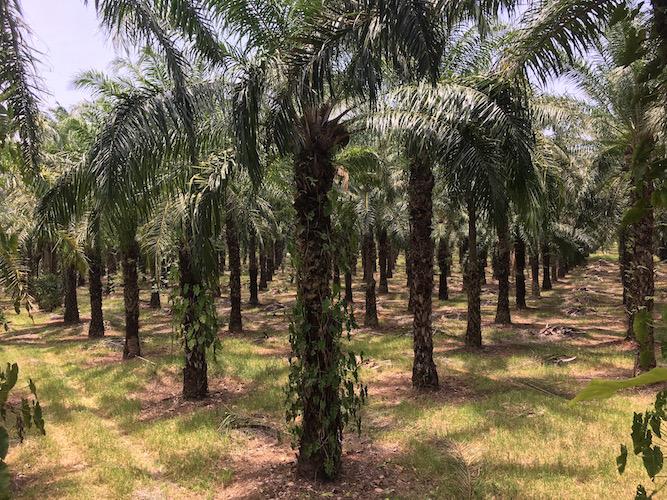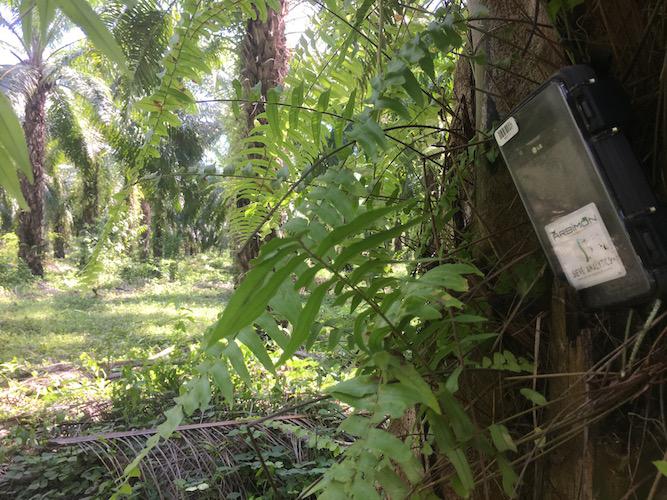Paul Richard Furumo
The aim of this project is to determine the implications of oil palm expansion on biodiversity and communities in Latin America, where most oil palm is replacing previously degraded lands (i.e. cattle pastures, other plantations) instead of forests.
Specifically, this project seeks to collect baseline biodiversity data and household survey data in oil palm landscapes of Colombia. This project will also engage local stakeholders by conducting a workshop focused on conservation and biodiversity monitoring on plantations.

Contrary to Southeast Asia, most oil palm expansion in Latin America is replacing previously degraded lands. This may present an opportunity for more sustainable production if the biodiversity loss associated with these land use transitions can be minimized.

We still have limited knowledge about the implications for biodiversity when oil palm plantations replace cattle pastures instead of primary rainforest, for example. This is especially true when we consider the heterogeneous production landscapes of Latin America, with many adjacent land uses. As long-lived crops more structurally similar to forest, could oil palm monocultures provide better species habitat than other production systems, offering some conservation value as a corridor between natural habitat fragments?
On the topic of conservation, the Roundtable on Sustainable Palm Oil (RSPO) has emerged as the industry standard for sustainable production and best practices, but how effective is certification in situ? Do certified plantations really have better environmental and social practices?
This project explores these sets of questions by:
1) establishing baseline biodiversity data in oil palm landscapes of Colombia,
2) evaluating the effectiveness of RSPO certification by comparing management practices between certified and non-certified plantations.
Bioacoustic methods will be used to collect baseline biodiversity data in Colombia. Sound recorders will be installed in four main land cover classes that define Latin American oil palm landscapes:
1) oil palm monocultures,
2) cattle pastures,
3) other industrial monocultures (i.e. banana, rice, rubber), and
4) remnant forest patches. ARBIMON acoustic devices and software will be utilized to record and process acoustic samples for species identification and soundscape analysis. Meanwhile, field surveys will be conducted with small and medium scale oil palm producers that represent RSPO certified and non-certified groups. Surveys will capture socio-economic data, household demographics, and management practices to determine the conservation effectiveness of voluntary certification schemes (VCS) for the oil palm sector.
Finally, as a means of engaging local stakeholders and identifying opportunities for conservation in the Colombian oil palm sector, a workshop on biodiversity monitoring will be organized. The aim of this workshop will be to impart theoretical and technical knowledge to Cenipalma, the research branch of the national growers association, and local oil palm producers. The goal is to establish a long-term bioacoustic monitoring program in the oil palm sector and thus provide the knowledge and tools that will ultimately help more producers become certified.